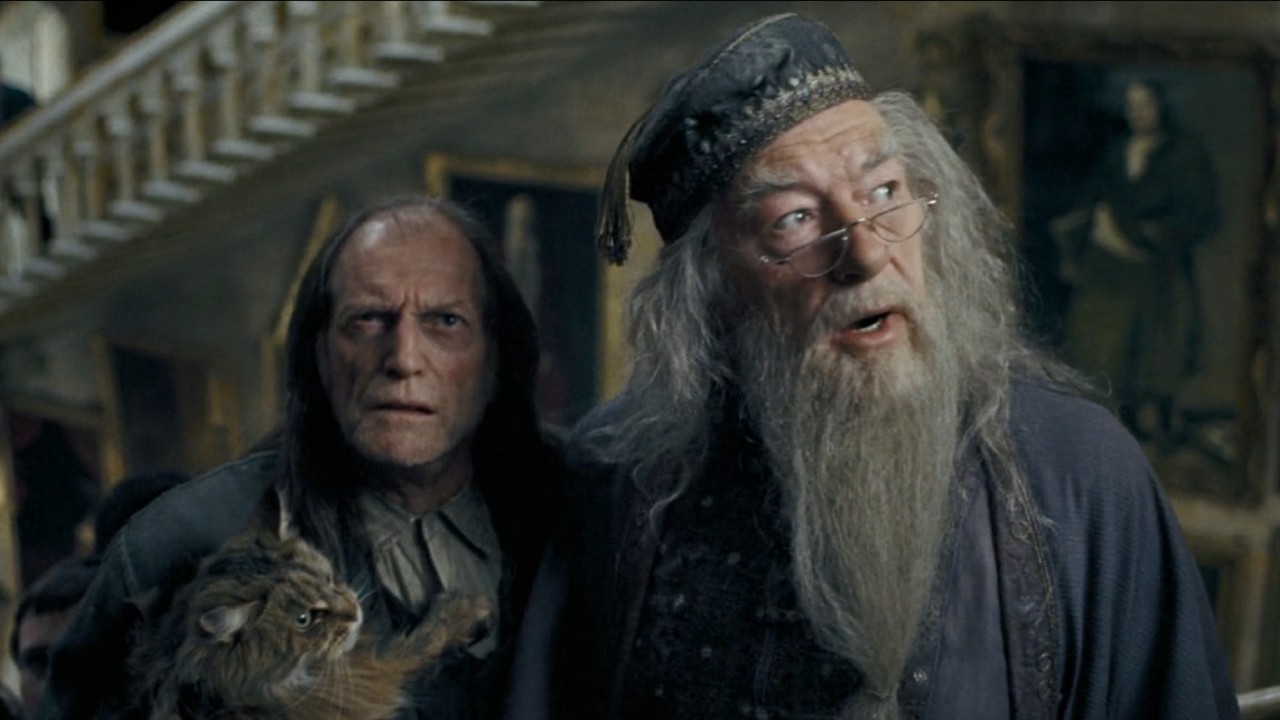If it were nothing more than an opportunity to watch Colin Firth and Geoffrey Rush go toe-to-toe in a series of speech therapy scenes, The King's Speech would probably still be a must-see. Add in a supporting cast packed with established talent and the keen, austere eye of young director Tom Hooper, and The King's Speech emerges as so much more than a polished story of overcoming adversity, but a deeply moving and often funny film about unlikely friendship, duty, loyalty, British national pride, the toll of rough childhood and...well, pretty much everything.
All the prestige trappings-- the royals, the period setting, the looming spectre of Nazis in jackboots and World War II-- are practically a ruse, a way to set you up for a stuffy bit of pretension and give you a thrilling, wry chamber piece instead. In the center as the stammering, struggling king-to-be Prince Albert, the mesmerizing Colin Firth embodies the film's balance between royal pomp and real human ache; Bertie, as he was called by his family, was a neglected child and an adult prince happy to stand in the shadow of his older brother David (Guy Pearce), cocky and handsome heir to the throne. Even before David starts showing signs of abdicating his duty to marry American divorcee Wallis Simpson (Eve Best), Bertie's wife Elizabeth (Helena Bonham Carter, a delight in a true supporting role) seeks treatment for his stutter from a series of quack psychologists, all of them exceedingly officious and walked over easily by the King, whose shyness often morphs into a wicked temper. None of the treatments, of course, work.
Then Elizabeth finds Lionel Logue (Geoffrey Rush), a recent transplant from Australia who is momentarily stunned to find the future King in his office, but who insists on calling him Bertie and treating him as an equal. The first scene between the two is electrifying, as Lionel tries to break Bertie's icy front, and Bertie volleys back with barbs and a royal pretension that melts well after it would in a more typical film. While the story of Lionel and Bertie's friendship, and the strength it gave Bertie to eventually take the throne, is the usual stuff of history lessons and soaring biopics, Hooper and writer David Seidler take their time with it, allowing the rapport to develop naturally (it helps that Rush and Firth take such clear pleasure in going head to head) and balancing it with both mens' own personal troubles. Bertie's are obviously larger-- the absent, ailing father (Michael Gambon), the selfish and dismissive brother, the country eventually awaiting his leadership on the brink of war-- but Lionel's own struggles to fit into English society and achieve his dream as an actor are taken just as seriously. As the clear star, though, Firth's Bertie drives every scene of the film with a resolve that comes as much from his harsh upbringing as his basic faith that, no matter how much England's constitutional democracy may change it, the monarchy truly matters.
Films like The King's Speech are typically actor's showcases, and between the three leads giving tremendous performances and the likes of Derek Jacobi, Jennifer Ehle and Timothy Spall (doing an unforgettable Winston Churchill) filling in the supporting roles, each scene comes with some new actorly delight to sink into. But Hooper's unfussy yet meticulous style adds an extra bite, framing actors unconventionally against torn-up walls or dense fog, contrasting the fading opulence of the royal palaces with the grim reality of England on the brink of war. The costumes and clipped accents all speak of the traditional British period piece, but Hooper's camera hints at the film's far more modern spirit.
In the time when both American and English tabloids both breathlessly anticipate Prince William's forthcoming royal wedding, The King's Speech is a striking reminder of the monarchy's symbolic but very real power, and one from not so far in the past. From time to time Hooper will let the camera linger on Bertie's two young daughters, the eldest of whom would become Queen Elizabeth not even 15 years later. King George VI, as Bertie would be known once coronated, was a product of an England that no longer exists, an empire where the sun never set, a monarchy where young princes were seen but not heard, where something as simple as a stammer could derail an entire life. But as presented by Hooper and his marvelous actors, this world is gone but not so distant at all, and The King's Speech is that rare classy period piece that isn't like eating spinach; it's a treat from beginning to end.
Staff Writer at CinemaBlend












